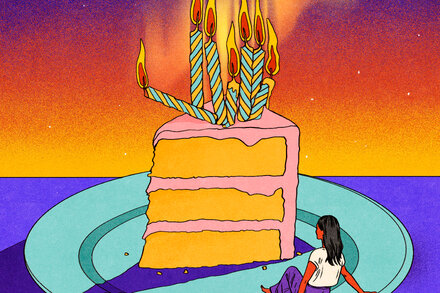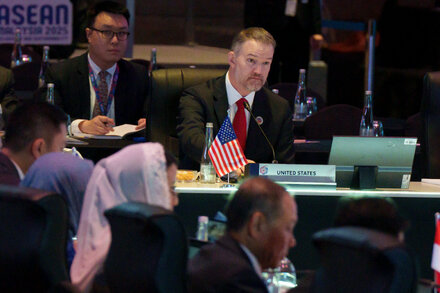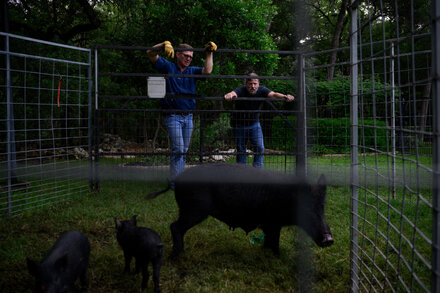
Ivan Klima, the renowned Czech novelist whose incisive works explored the human condition under the repressive shadows of both Nazi occupation and Communist rule, has died at the age of 94. His passing marks the end of an era for Czech literature, leaving behind a legacy of uncompromising artistic integrity and intellectual defiance.
Klima, born Ivan Kauders in Prague in 1931, survived the Holocaust as a child, imprisoned with his family for three years in the Terezín concentration camp. This harrowing experience deeply informed his worldview and future writings, which consistently questioned power, explored the moral ambiguities of collaboration and resistance, and championed individual freedom against the crushing weight of totalitarian systems.
A Voice Against Suppression
After World War II, Klima initially embraced socialism but grew disillusioned with the authoritarian direction of the Communist regime that seized power in Czechoslovakia in 1948. His early works, characterized by their psychological depth and critical observation of society, soon drew the ire of authorities. Following the Soviet-led invasion of Czechoslovakia in 1968, which crushed the Prague Spring reforms, Klima was among the many intellectuals blacklisted by the regime. His books were banned from official publication, and he was largely prohibited from traveling or working openly.
“My generation lived through two totalitarianisms,” Klima once reflected on his life’s path. “The struggle for human dignity became the inescapable theme of our lives, and for a writer, that struggle is often waged with words against silence.”
Despite the official censorship, Klima continued to write prolifically. His manuscripts circulated through samizdat, an underground network of illegally copied and distributed works, ensuring his voice reached readers within Czechoslovakia and abroad. Many of his most celebrated novels, including “Love and Garbage” (Láska a smetí), “My Golden Trades” (Má zlatá řemesla), and “The Judge on Trial” (Soudce z milosti), gained international acclaim during this period of forced clandestineness, cementing his reputation as a fearless literary dissident.
Post-Communist Recognition and Legacy
The fall of communism in Czechoslovakia with the Velvet Revolution of 1989 brought Klima new freedoms and widespread recognition in his homeland. His previously banned works were finally published openly, and he became a prominent cultural figure, contributing to public discourse and reflecting on the transition to democracy. He served as the chairman of the Czech PEN Centre and continued to write, offering insights into the complexities of a society grappling with its past and navigating a new future.
He often emphasized the enduring power of literature, stating, “The writer’s true homeland is language, and no regime can fully imprison that. Truth, however inconvenient, will always find its way through.”
Ivan Klima’s body of work stands as a testament to the resilience of the human spirit and the crucial role of literature in questioning authority and preserving memory. His unflinching portrayals of life under tyranny resonate globally, ensuring his place among the most important voices of 20th-century European literature.
Source: Read the original article here.





